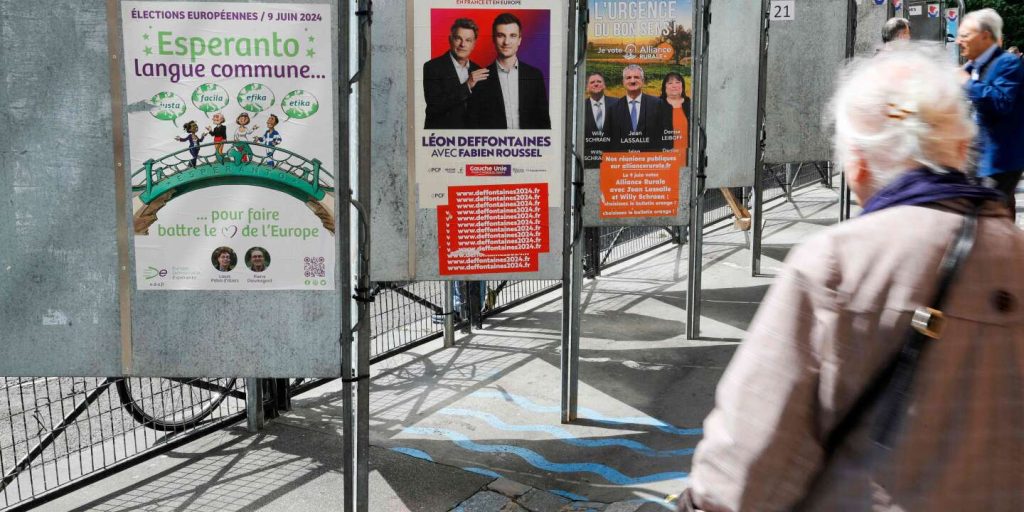On Wednesday, Emmanuel Macron launched the presidential campagin during a press conference. He outlined his vision for the future of France and highlighted the achievements of his administration so far. Macron focused on key issues such as economic recovery, climate change, and social cohesion. He also discussed his plans to address the challenges facing the country in the coming years.
On the right, Les Républicains continued to be divided after an agreement was made between the Rassemblement National (RN) and Eric Ciotti. This led to Ciotti’s exclusion from the party, further deepening the rift within the conservative camp. The agreement between the RN and Ciotti raised concerns among other members of Les Républicains, who saw it as a betrayal of the party’s values. The exclusion of Ciotti underscored the growing tensions and ideological differences within the conservative movement.
The upcoming presidential election in France is expected to be highly competitive, with multiple candidates vying for the top position. Macron’s announcement of his candidacy marked the official start of the campaign period, during which candidates will present their platforms and engage with voters. The divisions within Les Républicains could impact the party’s ability to mount a strong challenge against Macron and other contenders. The exclusion of Ciotti may also lead to further fractures within the conservative camp.
Macron’s leadership style and policies have been a subject of debate and criticism, with opponents accusing him of authoritarian tendencies and failing to address key issues facing the country. The press conference served as an opportunity for Macron to defend his record and outline his plans for the future. He emphasized his commitment to economic reform and addressing social inequalities, while also highlighting his government’s efforts to combat climate change and promote sustainable development.
The agreement between the RN and Ciotti highlighted the shifting political landscape in France, with traditional party allegiances being challenged and new alliances forming. Macron’s candidacy represents a continuation of his centrist agenda, which has drawn support from both the left and right. However, his administration has faced criticism for its handling of various issues, including the COVID-19 pandemic and economic recovery. The upcoming election will be a test of Macron’s popularity and ability to lead the country effectively.
Overall, the political situation in France remains fluid and uncertain, with competing factions and parties jockeying for position ahead of the election. Macron’s candidacy and the divisions within Les Républicains are just a few examples of the complex dynamics at play in the lead-up to the election. As the campaign unfolds, voters will have the opportunity to evaluate the candidates’ platforms and leadership styles, ultimately deciding the direction of the country for the next presidential term.


